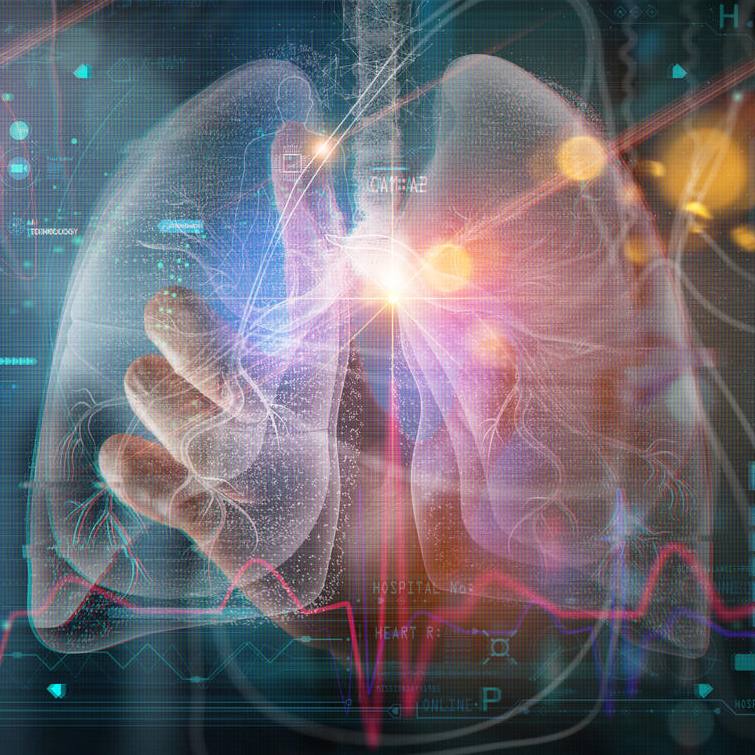-
Breast Cancer Awareness Month: Mayo Clinic Experts Discuss Risk

Journalists: Mayo Clinic breast cancer experts are available to discuss risk factors, screening and treatments. Read expert alert: English and Spanish.
October is National Breast Cancer Awareness Month. After skin cancer, breast cancer is the most common cancer diagnosed in women in the United States, with more than 238,000 new diagnoses estimated this year.
Sandhya Pruthi, M.D., a specialist in the Mayo Clinic Breast Clinic, says women with a family history of breast cancer are unfortunately at a higher risk of developing the disease but adds, there are some lifestyle changes they can make to lower overall risk. Dr. Pruthi recommends patients take the following steps to lower their risk:
- Don't smoke. Accumulating evidence suggests a link between smoking and breast cancer risk, particularly in premenopausal women. In addition, not smoking is one of the best things you can do for your overall health.
- Limit alcohol. The more alcohol you drink, the greater your risk of developing breast cancer. If you choose to drink alcohol — including beer, wine or liquor — limit yourself to no more than one drink a day.
- Control your weight. Being overweight or obese increases the risk of breast cancer. This is especially true if obesity occurs later in life, particularly after menopause.
- Be physically active. Physical activity can help you maintain a healthy weight, which, in turn, helps prevent breast cancer.
- Breast-feed. Breast-feeding may play a role in breast cancer prevention. The longer you breast-feed, the greater the protective effect.
- Limit dose and duration of hormone therapy. Combination hormone therapy for more than three to five years increases the risk of breast cancer. If you're taking hormone therapy for menopausal symptoms, ask your doctor about other options.
- Avoid exposure to radiation and pollution. Medical-imaging methods, such as computerized tomography, use high doses of radiation, which have been linked with breast cancer risk.
Journalists: Sound bites with Dr. Pruthi, from previous news release topics, are available in the downloads.
http://www.youtube.com/watch?v=Xf5b8Bt1-Cc







